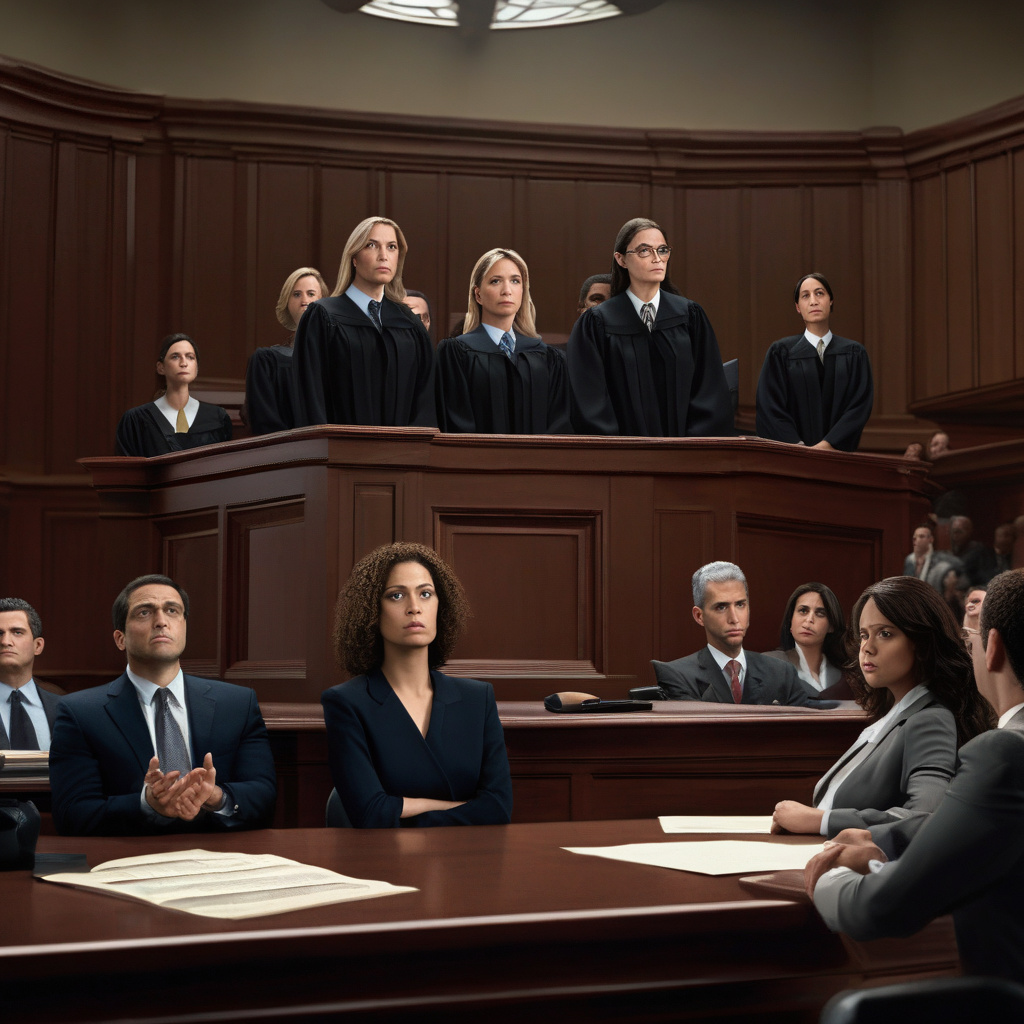When Technology Goes Awry: Lawyers Sanctioned After AI-Generated Cases Found False
In today’s fast-paced digital world, the integration of technology into various aspects of our lives has become increasingly common. From automated assistants to self-driving cars, the influence of artificial intelligence (AI) is pervasive. However, recent events have highlighted the potential dangers of overreliance on AI, particularly in the legal sector.
A recent incident has sent shockwaves through the legal community, as fake court decisions generated by AI almost made their way into judicial orders. In what can only be described as a cautionary tale, lawyers involved in the case were sanctioned after the fraudulent nature of the AI-generated cases came to light.
The use of AI in the legal profession is not a new phenomenon. In fact, AI has been touted as a tool that can streamline legal processes, improve efficiency, and reduce costs. From predicting case outcomes to conducting legal research, AI has the potential to revolutionize the practice of law. However, the recent incident serves as a stark reminder that the technology is not infallible.
So, what went wrong in this case? How did AI-generated cases nearly slip through the cracks of the judicial system? The answer lies in the limitations of AI. While AI can process vast amounts of data and identify patterns that humans may overlook, it lacks the critical thinking skills and ethical judgment that are essential in the legal profession.
In the case in question, lawyers had relied on AI to generate legal arguments and precedents to support their cases. However, they failed to verify the authenticity of the information provided by the AI system. As a result, false court decisions were submitted as evidence, casting doubt on the integrity of the legal proceedings.
The repercussions of this incident were severe. Not only were the lawyers involved sanctioned for their negligence, but the credibility of AI in the legal sector was called into question. The incident served as a wake-up call for legal professionals, highlighting the importance of due diligence and human oversight when using AI in legal practice.
Moving forward, it is clear that safeguards must be put in place to prevent similar incidents from occurring in the future. Legal professionals must exercise caution when relying on AI-generated information and always verify the accuracy of the data provided. Additionally, guidelines and regulations surrounding the use of AI in the legal sector must be established to ensure ethical and responsible use of the technology.
While AI has the potential to revolutionize the legal profession, it is not without its risks. The recent incident serves as a stark reminder that human oversight and critical thinking are irreplaceable in the practice of law. By learning from this cautionary tale and implementing appropriate safeguards, the legal profession can harness the power of AI while upholding the principles of justice and integrity.
In conclusion, the incident involving AI-generated cases that were found to be false has sent shockwaves through the legal community. It serves as a reminder of the importance of human oversight and due diligence when using AI in the practice of law. By learning from this incident and implementing appropriate safeguards, the legal profession can navigate the complexities of AI integration while upholding the principles of justice and integrity.
#AI, #LegalTech, #Ethics, #ArtificialIntelligence, #LegalProfession
